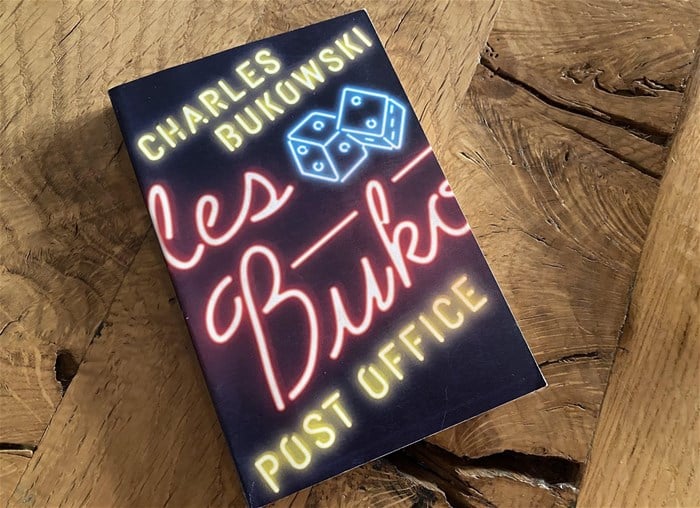#PulpNonFiction: From human beings to human resources

I recently read Charles Bukowski’s Post Office. I was assured that Post Office is the quintessential Bukowski; highly representative of his unique brand of nihilism.
They were right about the nihilism. Bukowski’s characters live meaningless lives in which they do meaningless dead-end jobs to survive and make the money to have meaningless nights out at the races where they meet to have meaningless one nights stands and sad transitory relationships.
Needless to say, Bukowski is probably not for me.
However, the same week I read Post Office, I also listened to Nikolas Badminton’s radio interview on ‘notopia’.
Nikolas is an award winning futurist, currently based in Canada, who has made a name for himself with his explorations into “dark futures”, that is the uncomfortable aspects of the world we are sleepwalking into based on our current socio-economic and technological trends. Exploring notopia, as such, is right on brand for Nikolas.
According to the Architectural Review which coined the term, Notopia is a “global pandemic of generic” and the logical conclusion of “the cold logic of market forces combined with a disinterested populace.”
In other words, notopia is what we get when we reduce human beings to human resources, and give everything and everyone - even a mother’s love - a price. Notopia is a place where there are no citizens, only consumers; where constitutions have been replaced with terms and conditions; and meaningful work has been replaced with bullsh*t jobs. It’s a place full of non-places, buildings that exist as transitory, transactory spaces, rather than homes and communities with roots and characters.
Notopia, in short, is a very Charles Bukowski sort of place. The sort of place where people exist, rather than live; the sort of place where the commons has succumbed to its tragedy and everything and everyone is for sale. This, in turn, reminds me of the micropayments-as-you-go future popularised by the sort of technologists who envisage a world where every person and everything is connected to the Internet of Things allowing real-time transactions for every action. Does this future sound efficient? Sure. Does it sound fun? It sounds about as fun as reading a Bukowski novel.
Perhaps, it’s time for even my free-market loving soul to admit that not everything (or at least everyone) should have a price.
Indeed, as all good marketers know, the way to win hearts and minds (and wallet share) is to delight and surprise, to do that little bit extra and treat your customers as a person first, and not just a prospect. Perhaps resisting notopia will prove to be good business after all.




































